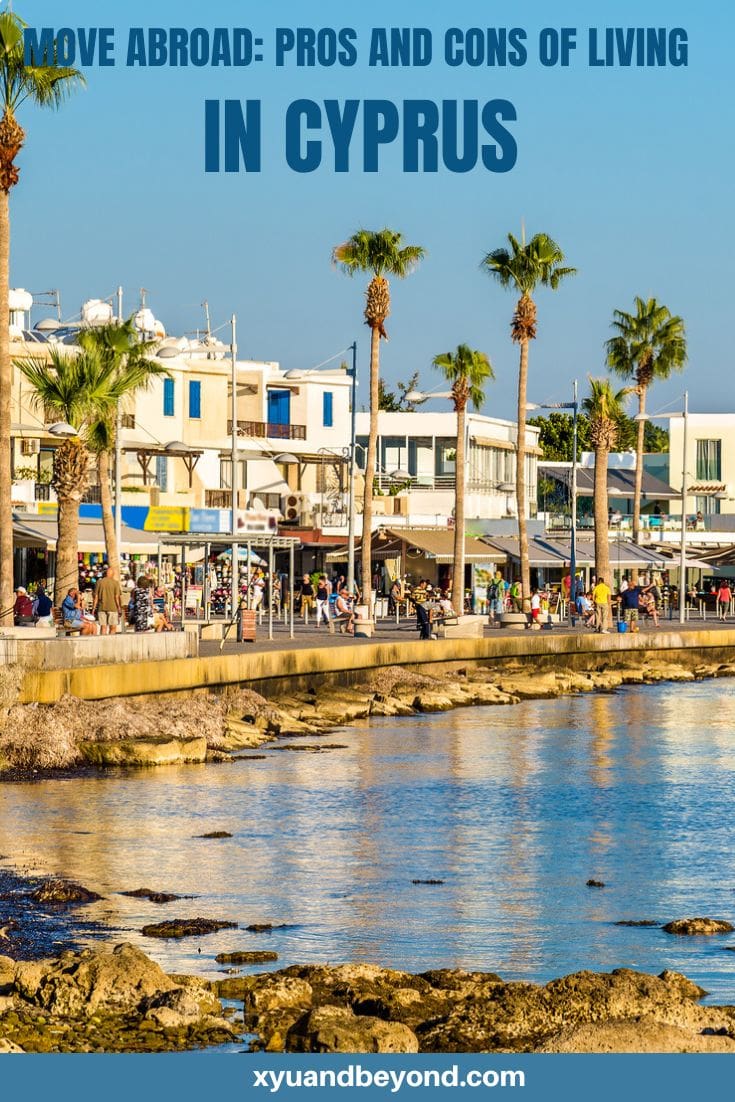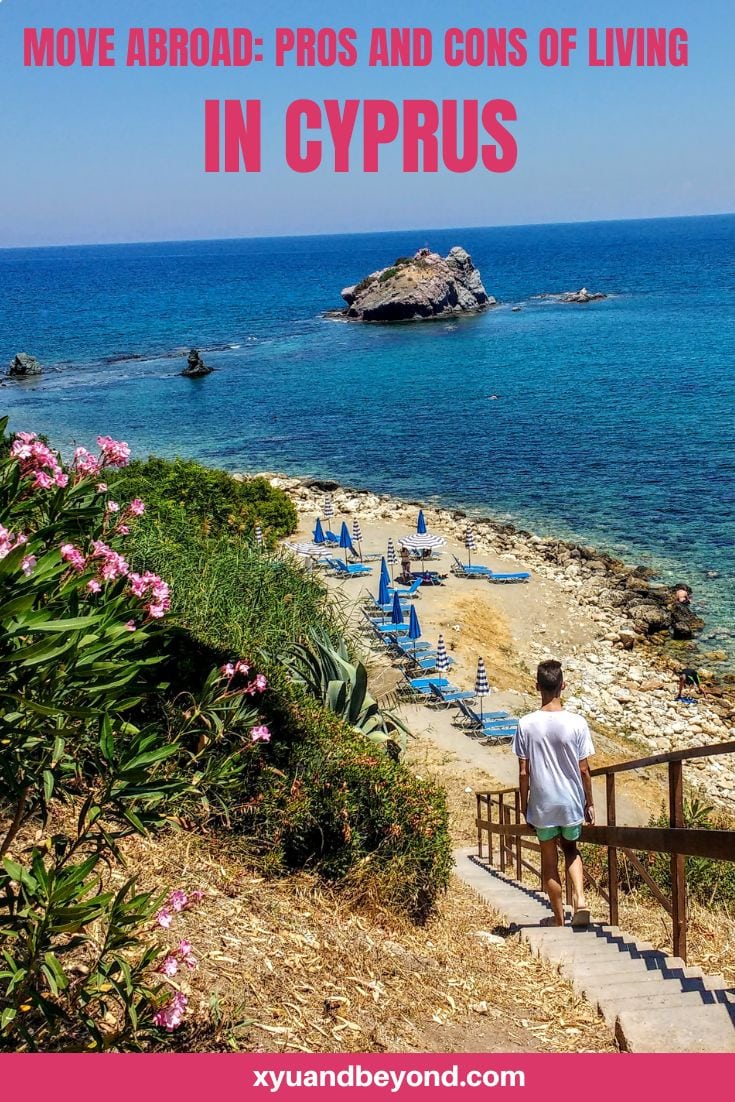Pros and Cons of Living in Cyprus as an expat
If you are contemplating a move to Cyprus taking a look at the advantages and disadvantages is a good idea before considering moving and living on the Island. Cyprus is a great place to live with its sunny weather, beautiful beaches, and rich cultural heritage. As an island nation in the Eastern Mediterranean, Cyprus offers a high quality of life and a relaxed lifestyle. However, like any other place, it also has its share of drawbacks. In this article, we will explore the pros and cons of living in Cyprus as a permanent resident, allowing you to make an informed decision if you are considering a move to this picturesque destination.
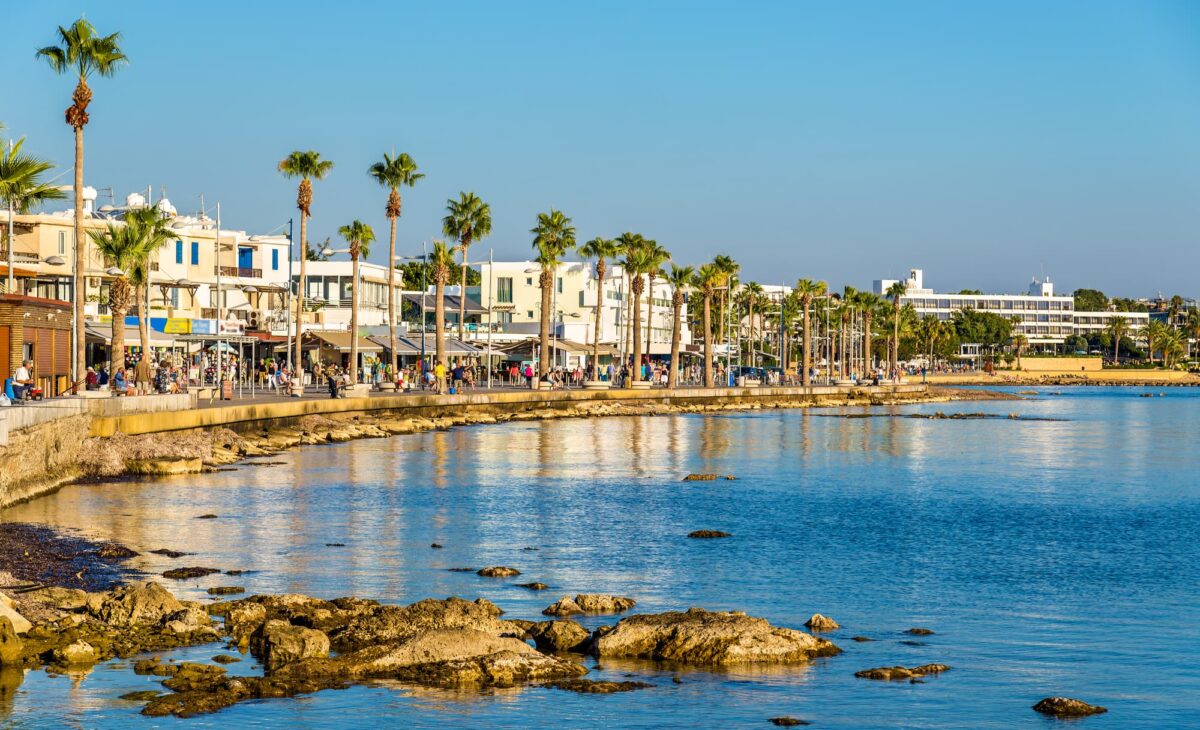
One of the biggest advantages of living on this beautiful Island is its pleasant climate. With mild winters and warm summers, residents can enjoy outdoor activities almost all year round. Additionally, the island boasts stunning beaches and crystal-clear waters, perfect for swimming, diving, or simply soaking up the sun. The low cost of living in Cyprus is relatively affordable compared to other European countries, making it an attractive option for individuals or families looking to relocate and retirees who want to live in great expat communities.
However, life in Cyprus does come with some challenges. The island’s economy heavily relies on tourism and real estate, making it vulnerable to economic downturns. Job opportunities can be limited, especially for non-Cypriots, and the cost of healthcare and education can be relatively high. Additionally, the traffic congestion in major cities, such as Nicosia or Limassol, can be frustrating.

- Pros and Cons of Living in Cyprus as an expat
- Pros and cons of living in Cyprus
- Pros of Living in Cyprus
- Difference between North Cyprus and South Cyprus
- Which area of Cyprus is best to live in?
- Digital Nomads in Cyprus
- The cost of Living in Cyprus is affordable
- Cons of Living in Cyprus – the disadvantages you may face in Cyprus
- Residency in Cyprus for non-EU citizens
- Visa options for living in Cyprus
- Residency in Cyprus through buying a property
- Buying property
- Traveling to and from Cyprus
- Is it expensive to live in South Cyprus?
- Is healthcare free in South Cyprus?
- Living in Cyprus: final thoughts
Xyuandbeyond is reader-supported. When you buy through links on our site, we may earn an affiliate commission. You can read my privacy policy here.
Pros and cons of living in Cyprus
Pros of Living in Cyprus
Where is Cyprus?
Cyprus is a country in the European Union, located in the eastern Mediterranean Sea. It is the third largest island in the Mediterranean and is known for its beautiful beaches, rich history, and warm climate. Cyprus gained its independence from British colonial rule in 1960 and has since become a member of the United Nations, the Commonwealth, and the European Union. As a member of the European Union, Cyprus benefits from various economic and political advantages.

It is part of the Eurozone, which means that its official currency is the Euro. Being in the European Union also allows Cypriots to freely travel, study, work, and reside in other member countries. Cyprus is a popular tourist destination, attracting millions of visitors each year. Its natural beauty, ancient ruins, picturesque villages, and vibrant cities offer a diverse range of experiences for tourists.
Difference between North Cyprus and South Cyprus
The division of Cyprus into Northern Cyprus and Southern Cyprus across the Island comes as a result of a complex history marred by conflicts and disputes. The Republic of Cyprus and the Turkish Republic of Northern Cyprus (TRNC). There is also a buffer zone, the so-called Green Line, between the two countries, which the UN created. While both regions share a deep-rooted connection to the island’s Greek and Turkish heritage, they have distinct political, cultural, and administrative differences. Southern Cyprus, inhabited predominantly by Greek Cypriots, is internationally recognized as the Republic of Cyprus. It is a member of the European Union and has its own government and institutions. The economy of Southern Cyprus is more developed, with a focus on tourism, finance, and shipping sectors.
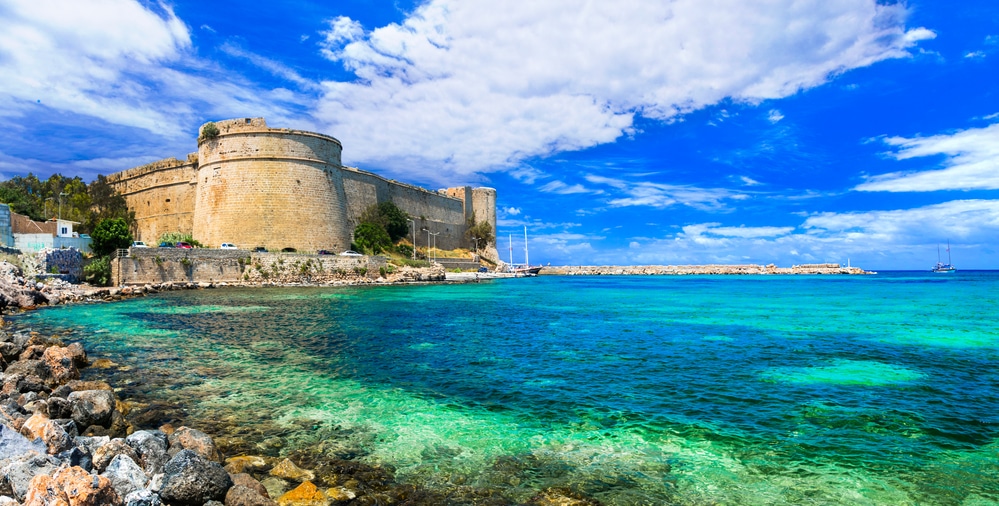
On the other hand, Northern Cyprus, predominantly populated by Turkish Cypriots, is only recognized as an autonomous entity by Turkey and is not part of the European Union. Its economy heavily relies on Turkey for support and trade. The political situation in Northern Cyprus is more complicated, with ongoing clashes and tensions between the two communities. The United Nations peacekeeping force has been present on the island for decades, trying to maintain peace and facilitate talks towards reunification.
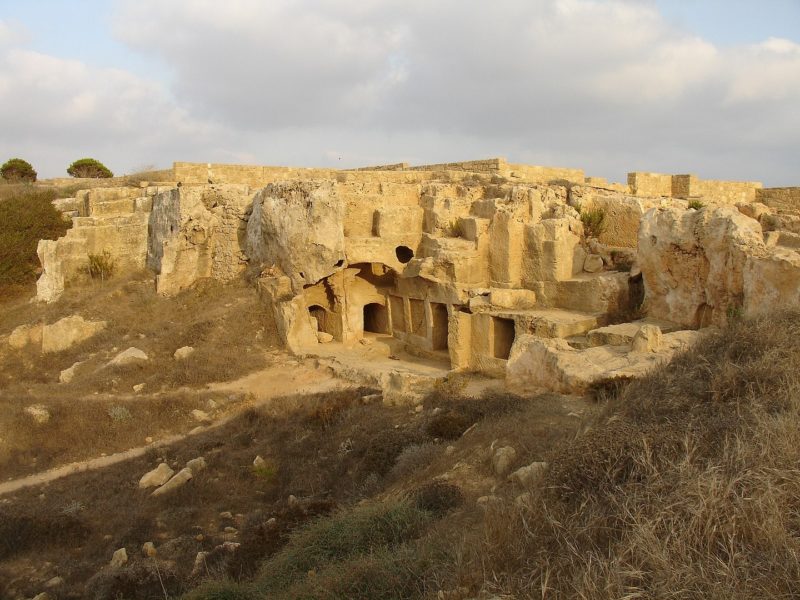
The cultural differences between the two regions can also be observed in language, religious practices, and traditional customs. While Greek and Turkish are the main languages spoken in Southern and Northern Cyprus respectively, there is also a distinct blend of Mediterranean and Middle Eastern influences. Overall, the division between Northern and Southern Cyprus showcases the complex nature of territorial disputes and the challenges faced in achieving reconciliation and unity.
Which area of Cyprus is best to live in?
When considering where to live on the Island of Cyprus, it’s important to understand the cultural differences between the north and south of the island. The south of Cyprus is predominantly Greek-speaking and follows a Western way of life, while the north is Turkish-speaking and has strong ties to Turkish culture. For expats, the better area to live in would depend on personal preferences and lifestyle.

South Cyprus offers a more cosmopolitan and modern lifestyle, with a diverse range of international restaurants, shops, and entertainment options. The south also has a well-developed infrastructure, including a reliable healthcare system and efficient public transportation. On the other hand, the north of Cyprus offers a more laid-back and traditional lifestyle, with picturesque villages, stunning beaches, and a slower pace of life.
The cost of living can be significantly lower in the north, making it an attractive option for expats looking to stretch their budget. Additionally, the north is known for its natural beauty, with the unspoiled Karpaz Peninsula and the stunning Five Finger Mountains, offering plenty of opportunities for outdoor activities.
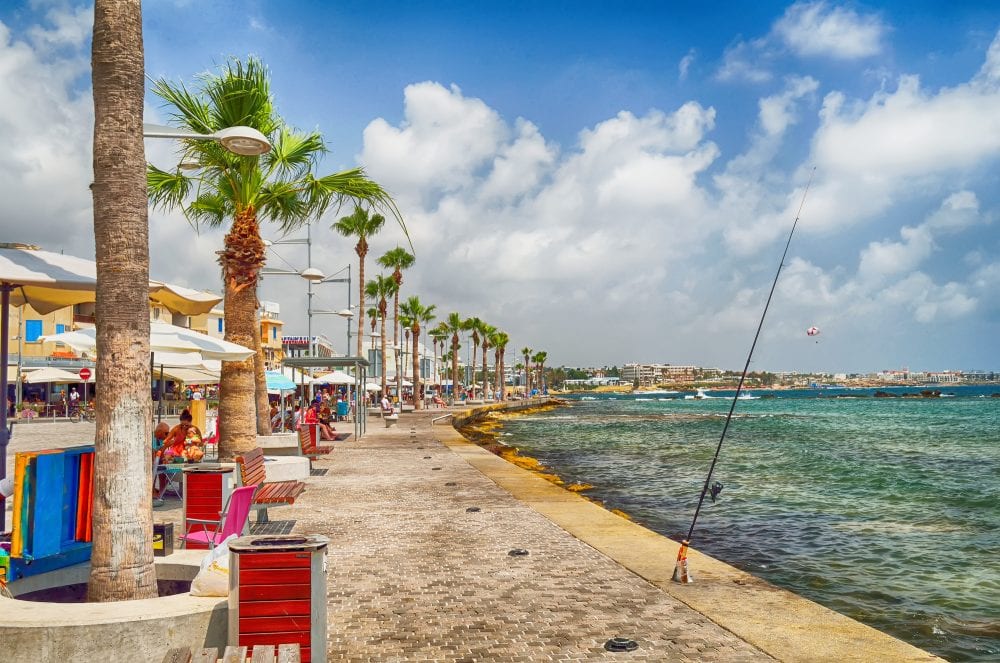
Expats who are more interested in immersing themselves in Turkish culture may find the north to be a better fit, as it offers a chance to learn the language and experience the customs and traditions unique to the Turkish Cypriot community. Ultimately, the best area to live in Cyprus will vary depending on individual preferences. Some expats may prefer the bustling and cosmopolitan lifestyle of the south, while others may be drawn to the serene beauty and traditional charm of the north. It is recommended to visit both areas and spend time exploring their unique offerings before making a final decision.
Cyprus is also home to three UNESCO World Heritage Sites including Paphos, the Painted Churches in the Troodos Region and Choirokoitia one of the most important prehistoric sites in the eastern Mediterranean. The archaeological sites in Cyprus make the island a wonderful place to explore for history buffs.

You can buy a Residence Permit and Citizenship in Cyprus
In Cyprus, it is possible to obtain permanent residency and even citizenship through the Cyprus Investment Program (CIP). This program allows individuals to invest in the country and gain the right to live, work, and study in Cyprus permanently. To apply for the CIP, applicants must make a qualifying investment of at least 2 million euros, which can be in real estate, government bonds, or other approved assets. One of the advantages of this program is that it offers a fast and efficient process, with the ability to obtain citizenship in just six months.

Cyprus also has a favorable tax regime, making it an attractive destination for those looking for tax advantages. Permanent residency and citizenship in Cyprus provide individuals with access to the European Union, allowing them to live and work freely in any EU member state.
Additionally, Cyprus offers a high standard of living, a pleasant Mediterranean climate, and a stable economy. It is worth noting that this program has faced some criticism for its potential to attract wealthy investors seeking to exploit the benefits of EU membership, but the government has made efforts to strengthen its due diligence procedures. Overall, the Cyprus Investment Program offers an appealing option for individuals seeking to gain permanent residency or citizenship in a desirable location.
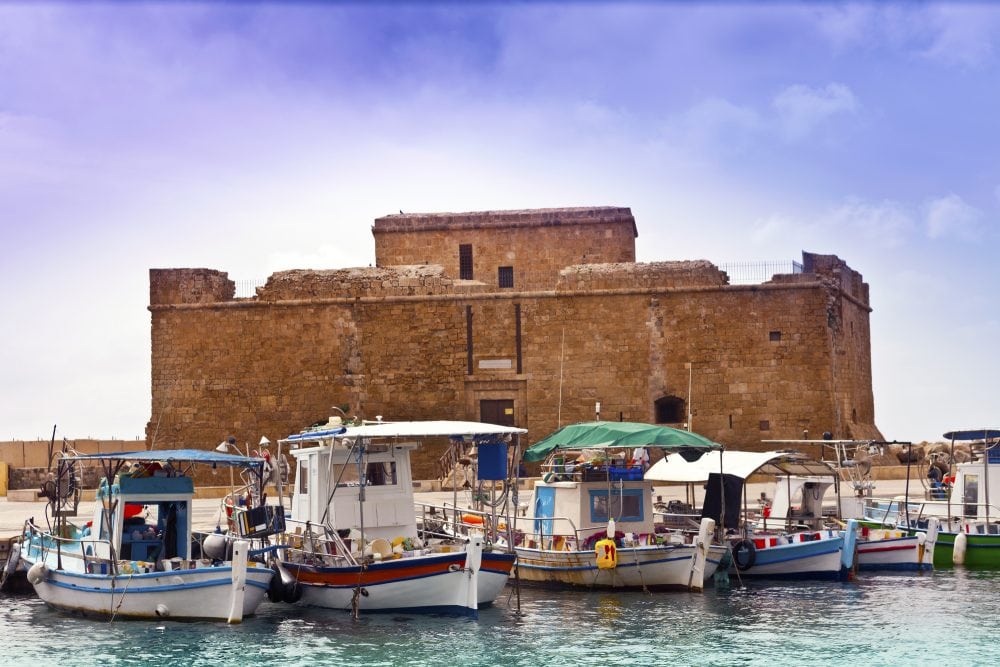
Low Corporate Tax Rate
Cyprus has become an appealing destination for small businesses due to its low tax rates. The country offers an attractive tax regime that provides numerous benefits to entrepreneurs. One of the main advantages is the corporate tax rate, which is one of the lowest in Europe at 12.5%. This low rate allows small businesses to retain more of their profits and reinvest them back into their operations or growth strategies.
Furthermore, Cyprus offers a wide network of double tax treaties with over 60 countries. This helps to avoid or minimize the double taxation of income that could arise from cross-border activities. Overall, the low tax rates in Cyprus provide small businesses with a competitive edge and create an environment that fosters growth and innovation.
Digital Nomads in Cyprus
Cyprus, known for its rich history and beautiful beaches, is also becoming a popular destination for digital nomads. These individuals have the freedom to work remotely and choose their own location. With the rise of technology and the internet, more people are embracing this lifestyle and Cyprus offers the perfect balance between work and leisure.
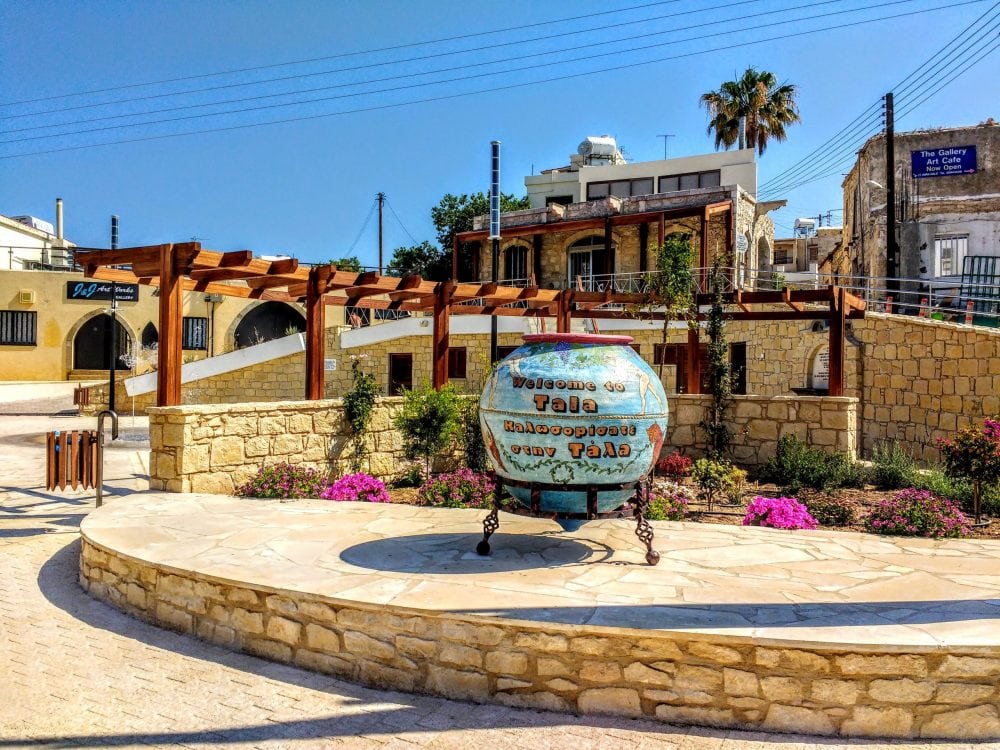
The island nation boasts a well-developed infrastructure and a stable economy, making it an ideal place for digital nomads to live and work. Additionally, Cyprus has a high level of English proficiency, making communication with the locals easier for foreigners. The cost of living is relatively affordable compared to other European countries, allowing digital nomads to stretch their budget and enjoy a comfortable lifestyle. In terms of leisure activities.
Cyprus has a wide array of options to offer. From exploring ancient ruins to relaxing on pristine beaches, there is something for everyone. The island’s mild Mediterranean climate allows for year-round outdoor activities, making it a paradise for nature lovers.
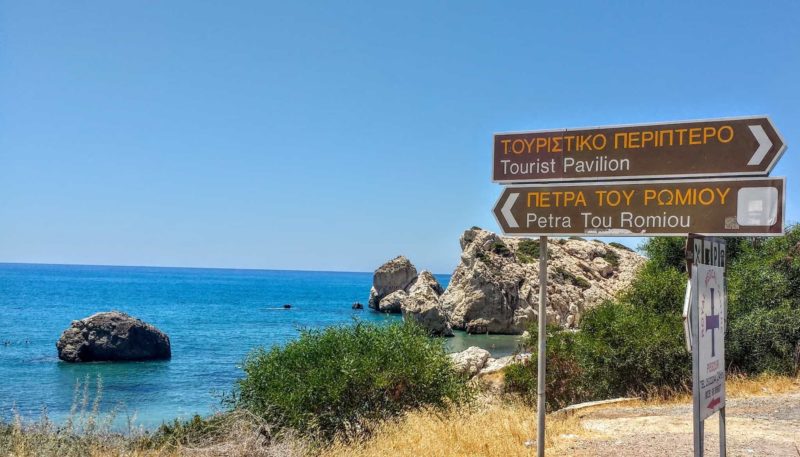
The majority of Cypriots speak English
With regard to a language barrier the majority of Cypriots are able to speak English fluently. English is widely taught in schools from a young age and is the most commonly spoken foreign language on the island. This proficiency in English can be attributed to the influence of the British rule in Cyprus for many years. With English being the language of business and tourism, it has become a necessity for Cypriots to be proficient in English in order to communicate effectively with foreigners.
English is also widely used in the media and is prevalent in government offices and public institutions. As a result, locals are often able to have conversations in English with tourists, making Cyprus a popular destination for English-speaking travelers. The population on the island includes many English expats and the Cypriots are very friendly people.
The cost of Living in Cyprus is affordable
Living expenses are a major concern for everyone, and finding an affordable cost of living is crucial. Fortunately, there are many places where the cost of living is affordable. These locations offer reasonable prices for essentials such as housing, groceries, transportation, and healthcare. Affordable cost of living can greatly contribute to one’s overall quality of life. It allows individuals and families to save more money, have a better work-life balance, and enjoy more leisure and recreational activities.
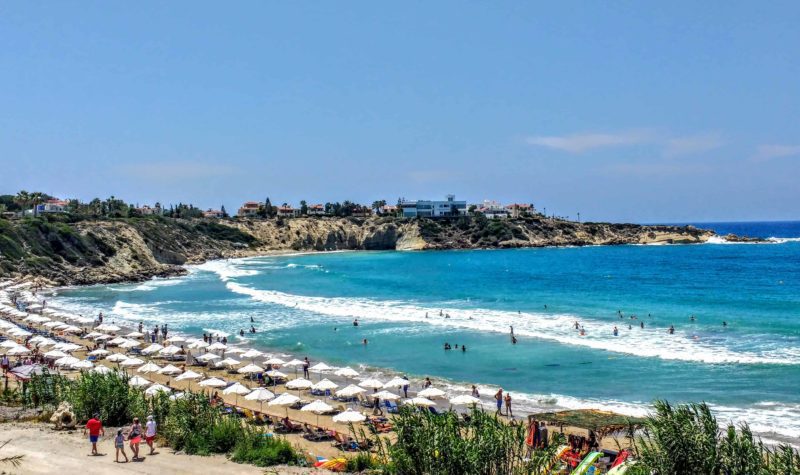
Cyprus has warm weather throughout the year
Cyprus is known for its warm weather that lasts throughout the year. The island enjoys a Mediterranean climate, characterized by mild, wet winters and hot, dry summers. Even during the coldest months, temperatures rarely drop below 10°C (50°F), making it an ideal winter destination for those seeking a reprieve from colder climates.
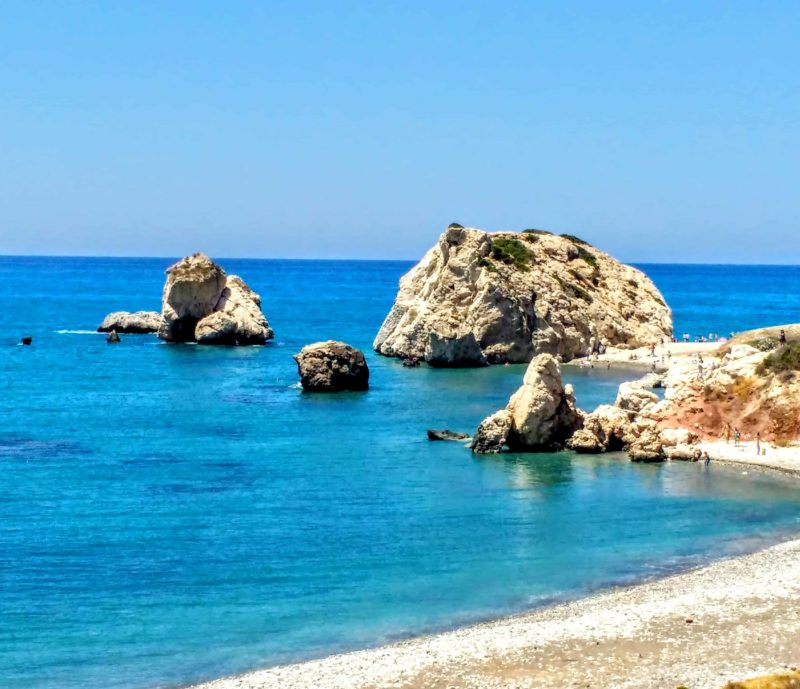
In spring and autumn, the weather is pleasant with temperatures ranging between 20-25°C (68-77°F). However, it is during the summer months when Cyprus truly shines, with temperatures regularly exceeding 30°C (86°F). The island’s sunny weather and clear blue skies create the perfect conditions for beach lovers and sunseekers. Whether you visit in winter, spring, summer, or autumn, Cyprus promises a warm and enjoyable climate year-round.
Cyprus is Safe to live
Cyprus is considered a safe place to live due to its low crime rate and stable political climate. The country consistently ranks high on international safety indexes, making it an attractive destination for those seeking a secure environment. The police force is well-trained and efficient, ensuring a sense of security for residents.
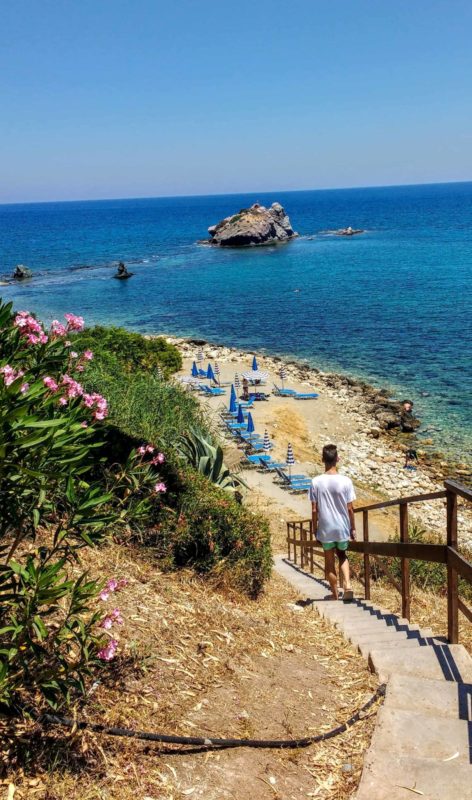
Standard Quality of Life
Cyprus offers a standard quality of life that attracts many individuals. With its warm climate, beautiful beaches, and rich history, the island provides an attractive environment for living. The healthcare system in Cyprus is of a high standard, with well-equipped hospitals and medical facilities. In terms of education, there are both public and private schools available, offering a quality learning experience. Cyprus also has a low crime rate, making it a safe place to live. The cost of living in Cyprus is relatively affordable compared to other European countries, with reasonable prices for accommodation, groceries, and transportation.
Great Culture and Heritage
Culture and heritage are crucial elements that define a society and its people. They provide a sense of belonging and identity, connecting individuals to their roots and traditions. Great culture and heritage encompass a rich tapestry of customs, beliefs, rituals, and artistic expressions that have been passed down from generation to generation.

Agios Neophytos Monastery Cyprus a fascinating sacred site
The earliest records indicate that Cyprus was first inhabited by Greek people from Hellenic descent around 2,000 years before the Common Era. Despite facing numerous invasions from different empires over the centuries, the Greek population and influence on the island have remained consistent.
Between 30 BCE and 330 CE, Cyprus became a part of the Roman Empire, and it was during this time that Christianity was introduced to the island. However, it still maintained its Greek identity and preserved its ethnic heritage as it was a part of the Hellenistic state of the Ptolemies from 310 BCE to 30 BCE and later the Greek-speaking world of Byzantium from 330 CE to 1191 CE.

Cyprus holds significant importance in Greek mythology, as it is believed to be the birthplace of Aphrodite and Adonis, and it was also home to notable figures like King Cinyras, Teucer, and Pygmalion.
In 1571, the Ottoman Turks conquered Cyprus and incorporated it into their empire, resulting in the introduction of a significant Muslim minority to the island’s population. This minority, commonly known as the “Turkish Cypriots,” are mostly Sunni Muslims who speak Turkish and use the Latin alphabet.
Cons of Living in Cyprus – the disadvantages you may face in Cyprus
Personal income tax rates in Cyprus are higher
Personal income tax rates in Cyprus are higher compared to many other European countries. In Cyprus, the tax rates are progressive, which means that the more one earns, the higher the tax rate they are required to pay. For those earning up to €19,500 per year, the tax rate is 20%. For incomes between €19,501 and €28,000, the rate increases to 25%. Higher earners, with incomes over €60,000 per year, face a tax rate of 35%. Despite the higher tax rates, Cyprus remains an attractive destination for entrepreneurs and investors due to its favorable business environment and low corporate tax rates.
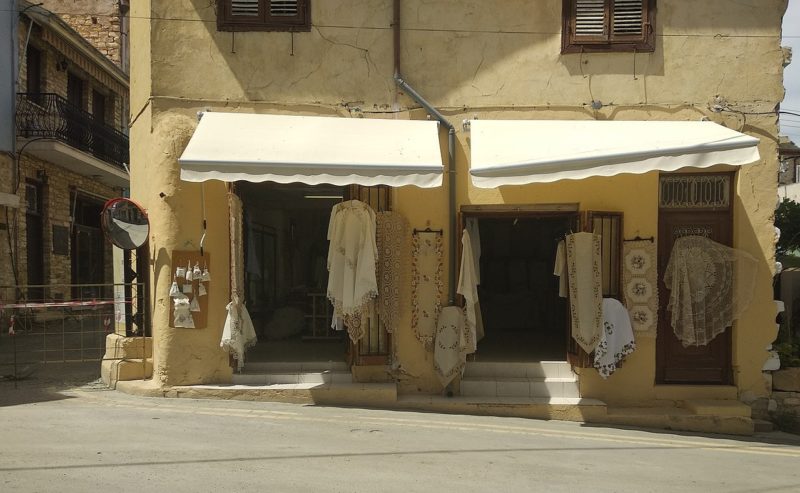
Cyprus isn’t in a Schengen Zone
Cyprus is not part of the Schengen Zone, despite being a member of the European Union. This means that travelers entering Cyprus may need to go through additional immigration checks, even if they hold a Schengen visa. The Schengen Area allows for the free movement of people between its member states, eliminating the need for border controls. However, Cyprus, along with four other EU countries, maintains certain restrictions on border crossings due to political and security concerns. Therefore, visitors planning to travel to Cyprus should be aware of these entry requirements to avoid any inconveniences during their trip.
Limited Transportation Options
Cyprus faces limited options when it comes to transportation. The small island nation does not have an extensive public transportation system, making it difficult for residents and tourists to get around. While the major cities of Nicosia, Limassol, and Larnaca have bus networks, they are not as frequent or efficient as in larger countries. Taxis are available but can be expensive. Renting a car is a popular option for tourists, but navigating the narrow and winding roads can be challenging. As a result, transportation in Cyprus can be inconvenient and time-consuming for those without their own means of transportation.

Salaries are low in Cyprus
Salaries in Cyprus are generally low compared to other European countries. According to statistics, the average monthly wage in Cyprus is around €2,000, which is significantly lower than the EU average. This has led to a high cost of living relative to the income earned by workers. Many Cypriots struggle to make ends meet as the salaries do not keep up with the rising prices of goods and services. The low salaries also make it difficult for individuals to save for the future or make significant investments. Efforts are being made to raise the minimum wage and improve living standards for the people.
Summer is very hot
Summers are known for their scorching heat, with temperatures often reaching unbearable levels. The sun blazes brightly in the sky, making every outdoor activity feel like a challenge. The relentless waves of heat make it difficult to find comfort, even in the shade. People seek refuge in air-conditioned spaces, where they can escape the suffocating grip of the summer heat. The scorching temperatures can drain energy and leave one longing for cooler days. Despite the sweat and discomfort, summers also provide opportunities for fun, such as trips to the beach or enjoying ice cream to beat the heat.
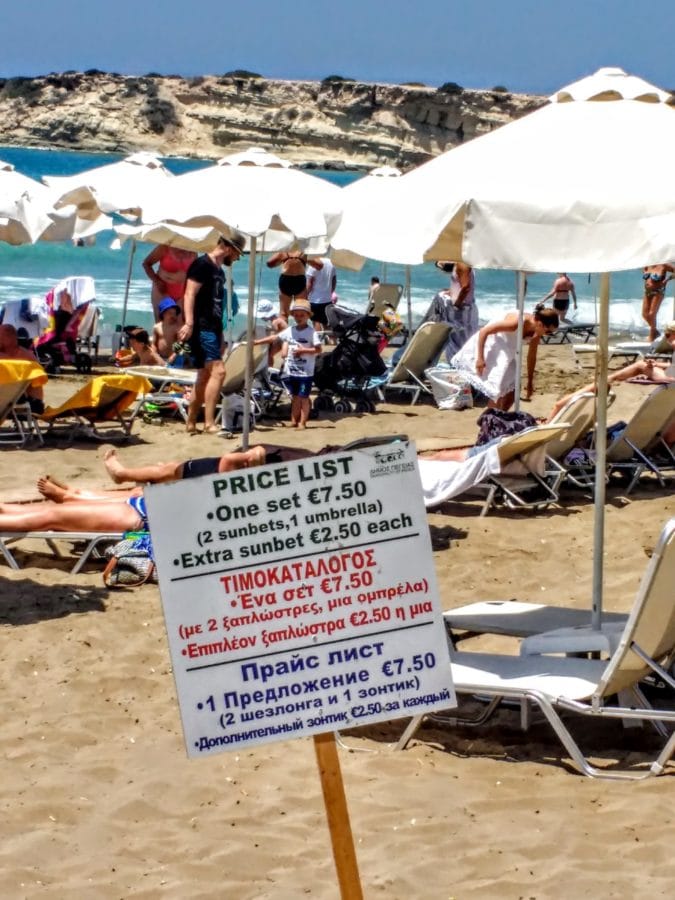
Fewer job opportunities
In recent years, there has been a decline in job opportunities in various fields. One of the main factors contributing to this is the advancement of technology and automation. With machines and computers taking over many tasks, there is a reduced need for human workers in certain industries. Additionally, the economic downturn and the rise of global competition have also resulted in fewer job openings. This has created challenges for individuals seeking employment, as the pool of available positions has become more limited. As a result, many individuals are finding it increasingly difficult to secure stable and well-paying jobs.
Bad driving practices – Cypriots are terrible drivers
Bad driving practices contribute to road accidents and put lives at risk. One common bad driving habit is speeding. Many drivers exceed the speed limit, endangering themselves and others on the road. Another serious issue is distracted driving, such as talking or texting on the phone while driving. Tailgating is another dangerous driving behavior, where drivers follow too closely behind the vehicle in front, not allowing enough time to brake safely. Additionally, reckless driving, such as running red lights or changing lanes without signaling, can result in severe accidents. It is crucial for drivers to be aware of these bad habits and practice safe driving behaviors to prevent accidents and ensure everyone’s safety on the road.
Cyprus is slower on technology and digitalization
Cyprus has traditionally been perceived as lagging behind in technology and digitalization compared to other European countries. While it has made progress in recent years, there are still significant gaps to be bridged. The country’s infrastructure and internet connectivity remain below the standards seen in more technologically advanced nations.

Additionally, the digital skills and knowledge among the population are limited, hindering the widespread adoption of digital technologies in various sectors. Efforts are being made to address these challenges, with initiatives focused on improving digital literacy and investing in digital infrastructure. Nonetheless, Cyprus has a long way to go in catching up with its European counterparts in terms of technology and digitalization.
Residency in Cyprus for non-EU citizens
Cyprus offers a relatively straightforward process for non-EU citizens to obtain residency in the country. One Air travel to Cyprus is a convenient and popular way to reach this Mediterranean island. With multiple airlines offering direct flights from various European cities, it has become easily accessible for tourists and business travelers alike.
Visa options for living in Cyprus
Option #1 is the Category F residency permit, which is available for individuals who have a stable annual income derived from outside Cyprus. This permit allows non-EU citizens to reside in Cyprus for an indefinite period, as long as they meet the requirements and do not engage in any employment.

Another option is the Category F2 permit, which is granted to non-EU citizens who invest in property in Cyprus. With this permit, individuals can reside in Cyprus as long as they maintain the investment. The process for obtaining a residency permit involves submitting the necessary documentation, such as a valid passport, proof of income or investment, and a completed application form.
There may also be requirements to show evidence of health insurance coverage and a clean criminal record.
Residency in Cyprus through buying a property
Buying a property in Cyprus offers the opportunity to gain residency in this beautiful Mediterranean island. The Cyprus government has set certain criteria for foreigners to be eligible for residency through property ownership. The value of the property should not be less than €300,000, and it should be purchased from a genuine seller. Once the property is purchased, the applicant can apply for residency, which is usually granted within a few months.
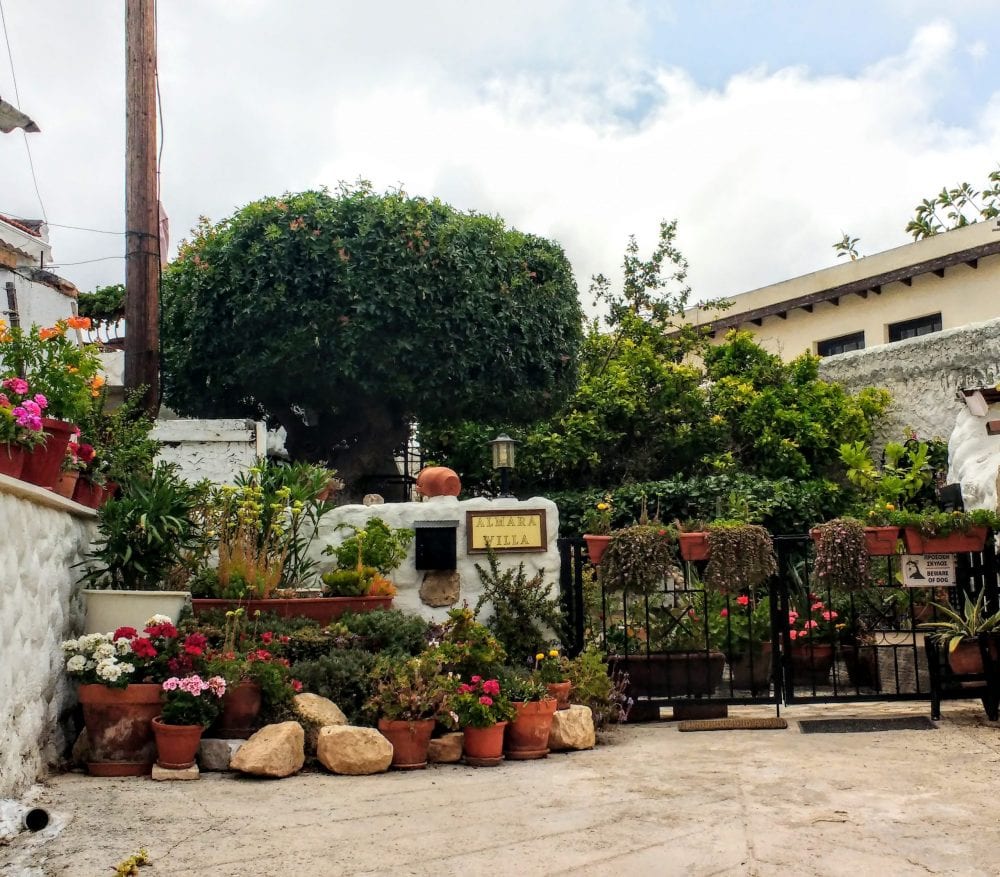
Buying property
When it comes to buying property in Cyprus, there are several factors to consider. Cyprus offers a diverse range of properties to choose from, whether you are seeking a vacation home or an investment opportunity. The island also boasts a vibrant food and dining scene, with a blend of local and international cuisines to satisfy all tastes.

In terms of utilities and services, Cyprus provides reliable infrastructure and modern amenities. However, it is important to note that healthcare costs can be a significant consideration, as they can vary depending on the type of coverage you have.
Traveling to and from Cyprus
Air travel
Air travel to Cyprus is a popular choice for tourists and business travelers alike. With multiple airports on the island, including Paphos and Larnaca, visitors have convenient options for their arrival. Cyprus is well-connected with major international airlines and offers direct flights from many European cities. The journey to Cyprus is relatively short, making it an ideal destination for those seeking a quick getaway.
Is it expensive to live in South Cyprus?
Housing and accommodation in Cyprus
When it comes to housing costs in South Cyprus, it is important to take into consideration the various aspects that contribute to the overall expense. In addition to rent or mortgage fees, individuals should factor in other essential expenses such as food and dining. Grocery prices in South Cyprus are relatively affordable, making it easier for residents to manage their budget. Utilities and services also play a significant role in housing costs, including electricity, water, and internet bills.
Food and dining
Living in South Cyprus can be quite expensive compared to other countries in the region. One of the major contributors to the high cost of living in South Cyprus is the price of food and dining. While there are affordable options available, eating out at restaurants or cafes can be quite costly, especially in popular tourist areas.
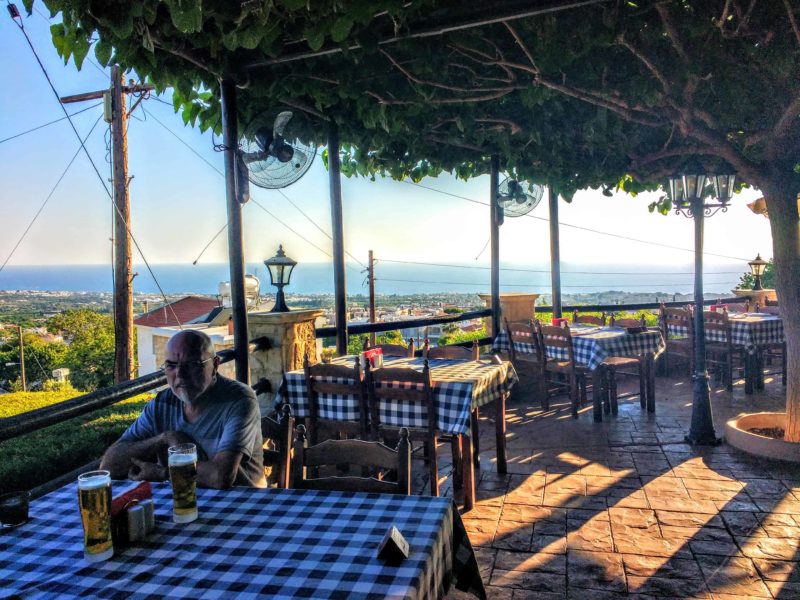
Utilities and services
Cyprus is known for its high utility and service costs. When it comes to food and dining, prices can be quite expensive, especially in tourist areas. Eating out at local restaurants can be affordable, but be prepared for higher costs at popular tourist spots. Expats can open a bank account in Cyprus, but require proof of identification (passports are acceptable) and proof of residence. ATMs are widely available.
Utilities and services, including electricity, water, and internet, can also be costly. This is partly due to the limited resources on the island. Additionally, healthcare costs in Cyprus can be higher compared to other European countries. While public healthcare is available, many residents prefer to have private health insurance to access better quality care. Overall, it is important for residents and visitors to budget accordingly for these expenses when living or visiting Cyprus.
Healthcare costs
Healthcare costs in Cyprus can put a strain on individuals and families. While the country boasts a high standard of healthcare, the expenses associated with medical services can be burdensome. From routine check-ups to more complex procedures, the costs can quickly add up.
Is healthcare free in South Cyprus?
Healthcare in South Cyprus is not completely free, but it is widely accessible and affordable for its residents. The country provides a universal healthcare system where every citizen and legal resident is entitled to healthcare services.
While patients have to make upfront payments for certain treatments, the costs are relatively low compared to other countries. South Cyprus has a well-established healthcare infrastructure with modern facilities and highly qualified medical professionals. The government covers a significant portion of healthcare costs and provides subsidies for those in need. This ensures that the majority of the population can receive necessary medical care without being burdened with excessive expenses.
Living in Cyprus: final thoughts
So if you are considering moving to Cyprus you should take into account both the advantages and disadvantages of living in Cyprus. One of the highlights of living here has been the delicious food and dining options. The Cypriot cuisine is diverse and flavorful, with dishes such as halloumi cheese, souvlaki, and meze. The local markets are filled with fresh produce, and the restaurants offer a mix of traditional and international cuisines. In terms of utilities and services.
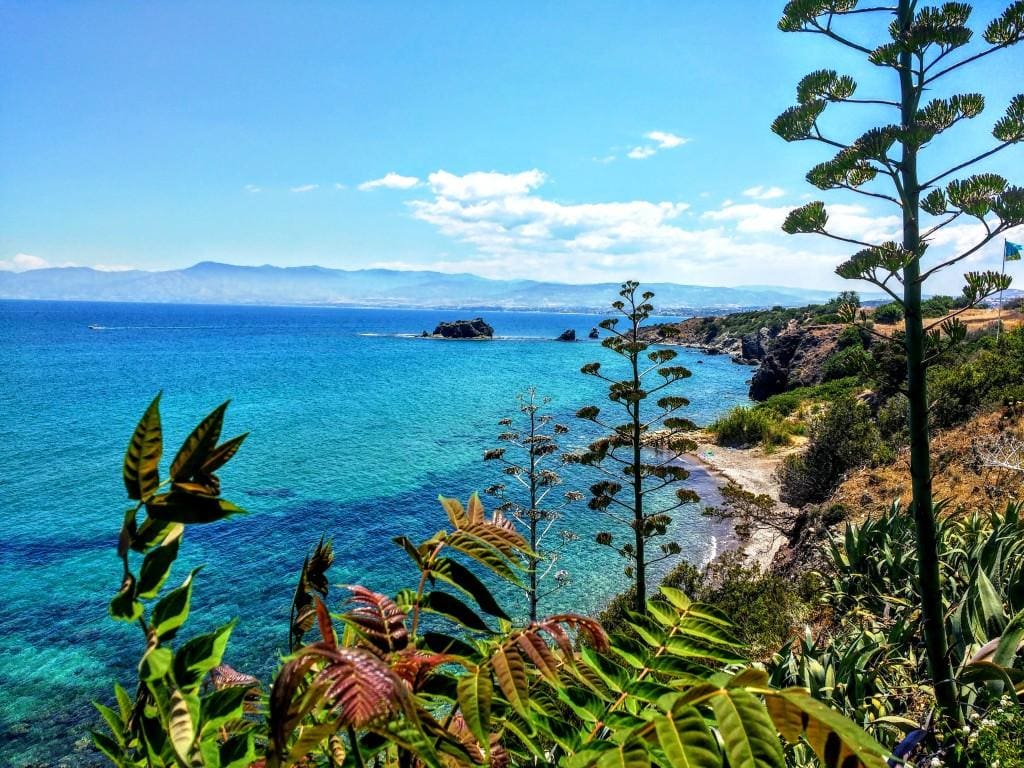
Cyprus has good infrastructure and reliable services. The internet connection is fast and stable, and utilities such as electricity and water are readily available. The healthcare system in Cyprus is also of high quality, with well-trained professionals and modern facilities. The healthcare costs, however, can be a bit expensive, especially for expatriates. It is advisable to have private health insurance to cover medical expenses. Many Brits consider Cyprus sone of the best places to retire to and that living in Cyprus is generally a stress free and happy environment.
You might also like to read
Pros and Cons of Living in Barcelona
20+ Pros and Cons of Living in Spain
The Pros and cons of living in Sweden
Pros and cons of living in Canada by a Canadian Immigrant
Pros and Cons of Living in Mexico

